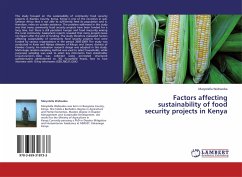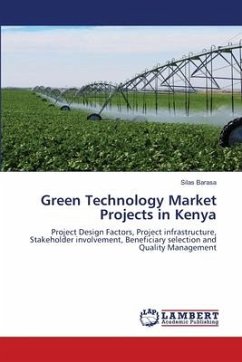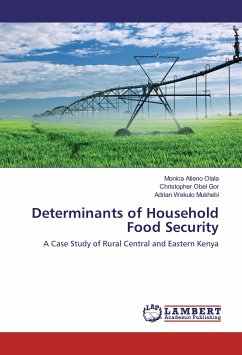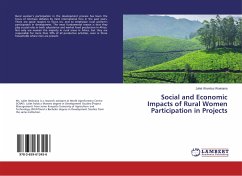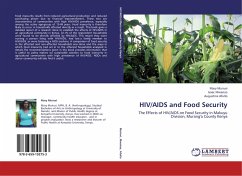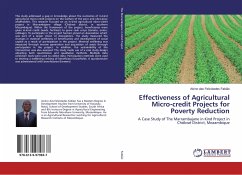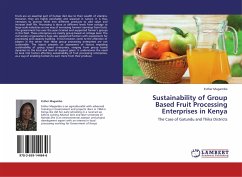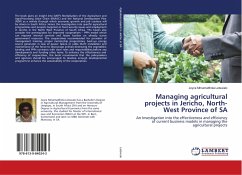This study focused on the sustainability of community food security projects in Kiambu County, Kenya. Kenya is one of the countries in sub-Saharan Africa that is not able to sufficiently feed its population and it, therefore, relies on outside assistance. The problem addressed in this study was that many community food security projects have been funded for a long time, but there is still persistent hunger and food insecurity among the rural community. Assessment reports revealed that many projects leave no impact after the end of funding. The study therefore evaluated factors affecting sustainability of community food security projects that were funded by various organizations in the period 2005-2009. The study was conducted in Karai and Ndeiya divisions of Kikuyu and Limuru districts of Kiambu County. An evaluation research design was adopted in this study. Multi-stage random sampling method was used to select households, while purposive sampling was used to select key informants from stakeholder organizations. Data was collected using pre-tested structured questionnaires administered to 352 household heads, face to face interview with 10 key informants (CBO,FBO,FI,GOK)
Hinweis: Dieser Artikel kann nur an eine deutsche Lieferadresse ausgeliefert werden.
Hinweis: Dieser Artikel kann nur an eine deutsche Lieferadresse ausgeliefert werden.

